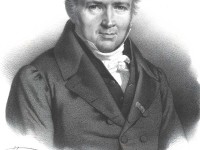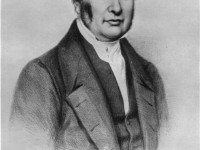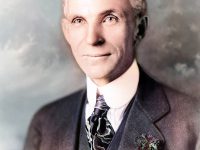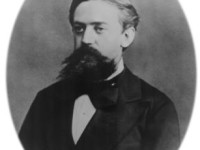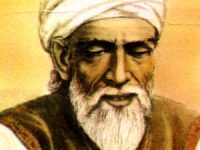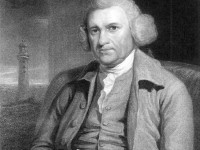Siméon Denis Poisson’s Contributions to Mathematics
On June 21, 1781, French mathematician, geometer, and physicist Siméon Denis Poisson was born. He is known known for his work on definite integrals, advances in Fourier series, electromagnetic theory, and probability, esp. the eponymous Poisson series, the Poisson integral and the Poisson equation from potential theory. His works also included applications to electricity and magnetism, and astronomy. Simeon Denis Poisson – The Youth of a Mathematician Poisson was born in Pithiviers, Loiret,…
Read more

